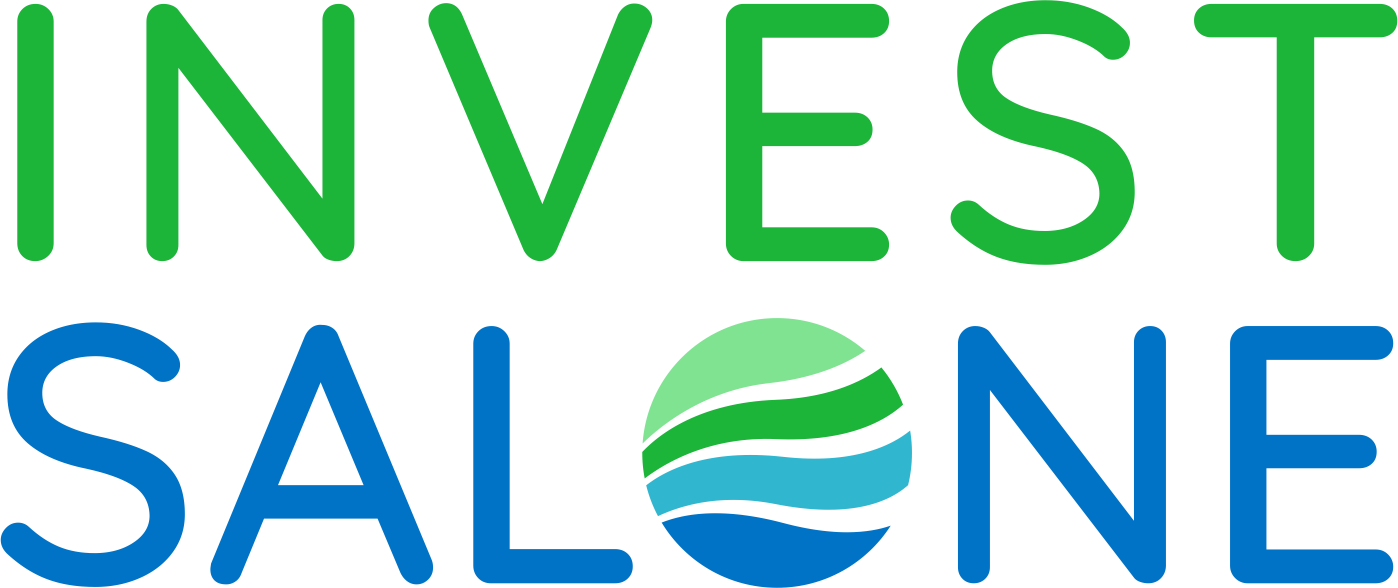A report on a survey conducted on the impact of restrictions on the private sector has revealed that the private sector believes inter-district restrictions initiated by the Government of Sierra Leone have caused delays in the planting of some crops. This delay risks impacting yields and the availability of the crops later in the year.
The survey was conducted by Invest Salone (ISL) between 6 and 15 May via telephone interviews with representatives of 20 businesses representing four sectors, including importers and exporters. The sample comprised medium- and large scale-businesses to assess the impact of lockdown measures on segments of the private sector.
The survey is also part of ISL’s facilitation of the Private Sector Platform established by the Ministry of Finance as part of its COVID-19 Quick Action Economic Response Programme (QAERP).
According to the survey, prolonged travel restrictions and lockdowns could affect firms’ ability to deliver inputs such as training to agents and farmers. Trainings before the planting season are mostly delivered physically to agents and farmers. This is an ongoing effort especially through cultivation as well as harvest seasons (currently oil palm, pineapples, mangoes, avocados and a wide range of other fruits are in their harvest season), and any break in flow due to lockdowns without exemptions will be very challenging.
The report states:
“The restrictions are delaying planting for some crops which risks impacting yields and hence the availability of crops later in the year. The current quarter of the year (April–June) is the planting season for crucial crops like rice (upland and boli land farming), maize, groundnuts, and cassava.”
This is one of several just-in-time surveys undertaken by ISL on behalf of the Private Sector Platform.
Read the full report here.
The opinions expressed in this news article are those of the authors and do not necessarily represent the views of UK aid and the programme partners.
